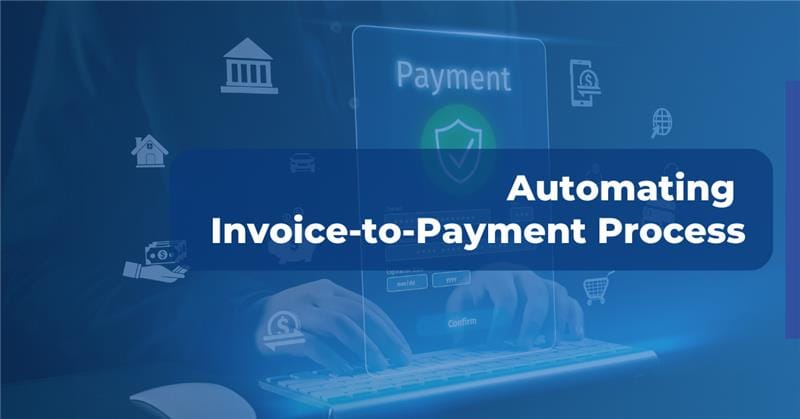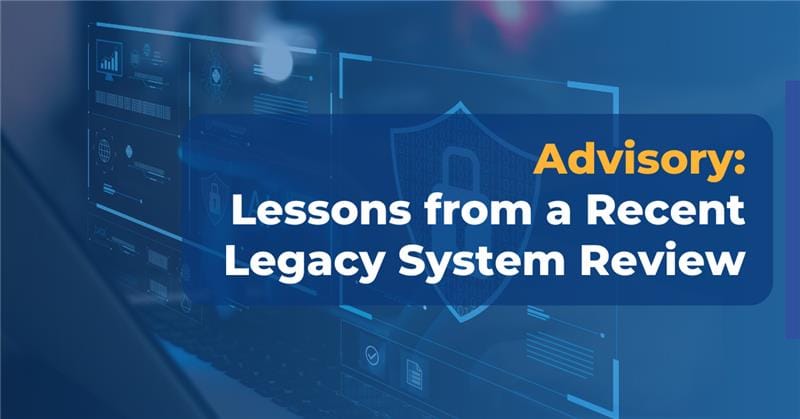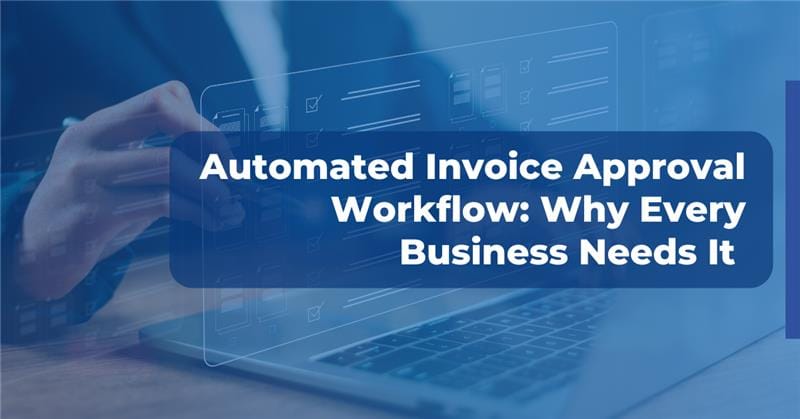2023 is expected to be the year for digitization and modernization of B2B payments as the new normal.
On Feb 1, 2023, the Finance Minister of India presented the Union budget for 2023-24. Critical initiatives like Entity Digilocker, AI CoE, 5G services, and KYC simplification will stimulate B2B fintech digitization.
Some of the key highlights of the budget, which would continue to tremendously impact the fintech industry, especially the B2B fintech industry, are as follows:
1. Entity Digilocker
Launched in 2015 DigiLocker is the flagship initiative of the Ministry of Electronics & IT (MeitY) under the Digital India program. DigiLocker aims at the ‘Digital Empowerment’ of the citizen by providing access to authentic digital documents to the citizen’s digital document wallet.
In this year’s budget, it was announced that an Entity DigiLocker would be set up for use by MSMEs, large businesses, and charitable trusts. This will be towards storing and sharing documents online securely, whenever needed, with various authorities, regulators, banks, and other business entities.
The significant advantage of entity Digi locker is that fintechs and banks could use #DigiLocker for customer onboarding, underwriting, and servicing.
Embedded channel financing helps B2B businesses with instant working capital funding when required. In the traditional system, a company would typically have to wait for its cash flows to improve or apply for a credit line with a conventional lender, which would take more time.
2. AI CoE (Artificial Intelligence Centres of Excellence)
The #Finance minister announced that leading industry players would partner in conducting interdisciplinary research and develop cutting-edge applications and scalable problem solutions. To realize the vision of “Make AI in India and Make AI work for India,” three centers of excellence for Artificial Intelligence will be set up in top educational institutions.
B2B fintechs leverage artificial intelligence (AI) and machine learning (ML) to bring digitization and automation within one of the minor digital aspects of the B2B payments space. Traditionally, accounts receivable (AR) and accounts payable (AP) functions would be handled manually by a finance team, who would have to get to grips with infinite different document formats (invoice, remittance/ payment advice, bank statements) and varying terminology from one customer or supplier to the next.
With the adoption of AI/ML, businesses will look to adopt digitization at an exponential pace.
3. 5G Services
Honourable finance minister Smt. Nirmala Sitharaman proposed setting up 100 labs for developing applications using 5G services in engineering institutions to realize new opportunities, business models, and employment potential.
5G will herald a frictionless experience for banking and payment transactions. Cross-border B2B payments serve as a digital foundation for the next generation of businesses built on real-time payment hubs and instantaneous data-transfer capabilities.
4. Simplifying the Know Your Customer (KYC) process further streamlining the financial sector
Smt. Sitharaman proposed that the #kyc process be simplified by adopting a ‘risk-based’ instead of a ‘one size fits all’ approach. The financial sector regulators will also be encouraged to have a KYC system fully amenable to meet the needs of Digital India. A simplified KYC process would mean faster onboarding, underwriting, and servicing, leading to optimization across interaction across entities.
5. PAN as a unique identifier
Businesses would now be able to use PAN as a unique identifier for seeking different clearances and approvals of the central and state departments, which will open utilization of this data by Fintechs and Banks.
Fintech services in India have been facilitated by our digital public infrastructure, including Aadhaar, PM Jan Dhan Yojana, Video KYC, India Stack, and UPI.
Author: Sudipta Jash – SVP at Global PayEX, heads the expansion and partnerships at Global PayEx. He has previously served as the Head of International Business at PayU Payments, a global fintech leader offering innovative payment, credit, and investment solutions across more than 50 markets worldwide. Before joining PayU, he was a Management Consultant based in the United States with Mphasis Inc. He worked extensively with many clients, including J.P. Morgan, Citibank, Green Dot, Charles Schwab, and Wolters Kluwer. He also had a short stint with Mphasis Europe, based out of Brussels and Dublin.
References:
https://www.digilocker.gov.in/





























